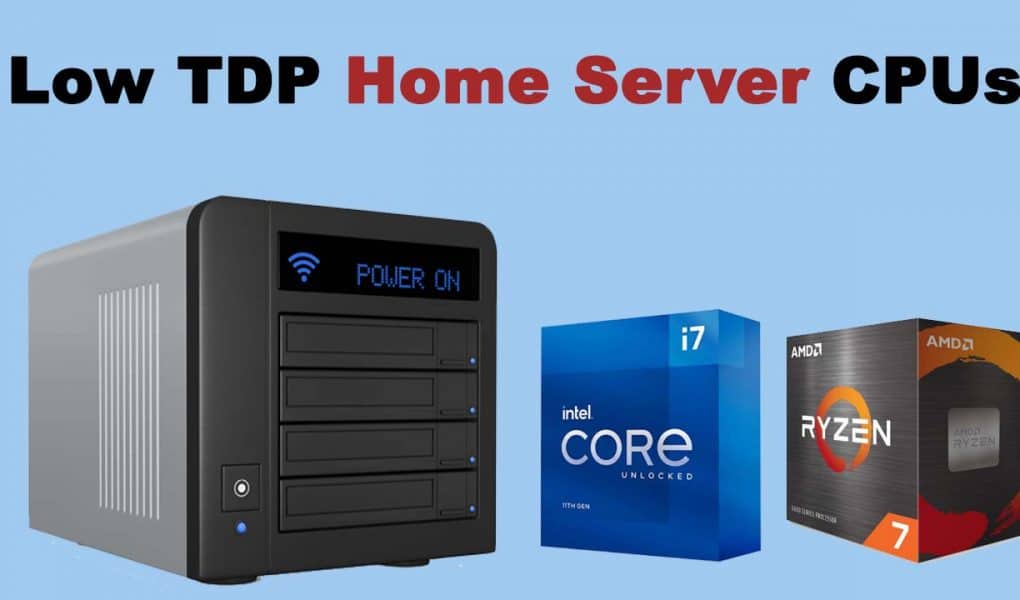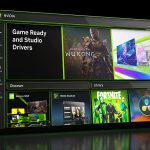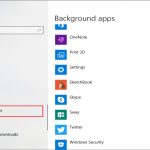Choosing the right CPU for a home NAS balances performance, power efficiency, and cost. Key factors include integrated graphics for media transcoding, ECC memory support for data integrity (if desired), low TDP for 24/7 operation, and adequate PCIe lanes. Here are the top 5 picks for 2023:
1. Intel Core i3-13100 (Best Overall Value)
A standout choice for most home server builds. It offers significant generational improvements:
- 4 Cores / 8 Threads: Ample processing power for file serving, running multiple services (Plex/Jellyfin, arr apps, Nextcloud), and light virtualization.
- UHD Graphics 730: Excellent hardware transcoding support via Intel Quick Sync Video for Plex/Jellyfin.
- Efficient 13th Gen Architecture: ~60W TDP under typical NAS loads ensures low power consumption.
- Supports DDR4/DDR5 & ECC RAM (on compatible W680/C746 motherboards).
- Price/Performance Leader: Offers remarkable bang for the buck.
2. AMD Ryzen 5 5600G (Best Budget Power)
An incredibly compelling budget-friendly option with surprising horsepower:

- 6 Cores / 12 Threads: Significantly more multi-threaded power than the i3-13100, excellent for heavier workloads or multiple VMs/containers.
- Radeon Graphics: Capable integrated graphics; transcoding performance is generally good but lacks efficiency compared to Intel QSV.
- AM4 Platform: Very mature and cost-effective motherboard ecosystem.
- Supports ECC RAM (Unofficially on many boards, officially on ASRock Rack etc.).
- Excellent Deal: Frequently found at bargain prices.
3. Intel Core i5-13500 (Best for Power Users)
Ideal for demanding home labs, heavier virtualization, or users needing significant headroom:
- 14 Cores (6P+8E) / 20 Threads: Hybrid architecture provides substantial multi-core throughput.
- UHD Graphics 770: Robust Quick Sync transcoding capabilities.
- Supports DDR4/DDR5 & ECC RAM (on W680/C746 motherboards).
- Higher Base TDP (65W), but still efficient under NAS loads.
- Ample PCIe Lanes: Better support for multiple NVMe drives/HBAs.
4. AMD Ryzen Embedded V3000 Series (e.g., V2516) (Best For Compact & Low Power)
Designed for embedded/small form factor servers, offering enterprise features:
- 6-8 Zen3 Cores / 12-16 Threads (V2516: 6C/12T).
- Extremely Low TDP (10-54W configurable): Exceptional power efficiency.
- Officially Supports ECC RAM.
- Longevity & Stability: Typically sold as a board+CPU kit for NAS/appliance use.
- Downsides: Cost (especially boards), limited PCIe Gen4 lanes.
5. Intel Celeron G6900 (Best Ultra-Budget Entry Level)
For basic file storage and very light services:
- 2 Cores / 2 Threads: Limited processing power, suitable only for pure SMB/NFS storage or one or two very light containers.
- UHD Graphics 710: Basic Quick Sync transcoding (handle a single stream).
- Very Low TDP (46W): Minimal power draw.
- Budget-Friendly: Extremely low acquisition cost.
- Check ECC Support (Often requires specific boards like ASRock's consumer boards).
Key Selection Advice:
- Transcoding Priority? Intel CPUs with Quick Sync (i3-13100, i5-13500) are vastly superior.
- Heavy Multi-tasking/VMs? Opt for Ryzen 5 5600G or Intel i5-13500.
- ECC Memory Essential? Ensure CPU and motherboard combo supports it. Intel W680/C746, AMD V3000/Ryzen Pro (or AM4 with ECC validation), or specific consumer boards are needed.
- Power/Cost Sensitivity? Ryzen 5 5600G or Celeron G6900 offer compelling budgets.












